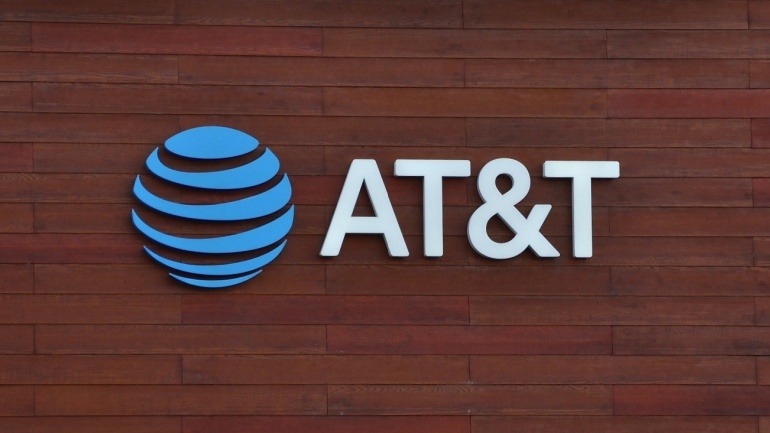The “Gigabit funding 2.0” program, a points-based subsidy distribution system launched last year in Germany, is under discussion for its potential reduction to a €1 billion budget spread between 2024-2026. Several associations have asserted their concerns on this reduction, arguing that it may result in an overcrowding of limited construction capacity, and consequently, strangle the rollout process. Such a scenario, if materializes, could cause subsidized rollout projects to lag behind private sector expansions by a window of three to five years.
This debate arrives in the wake of an announcement by the German Federal Ministry for Digital Affairs and Transport. Last week, the ministry declared an allocation of €3.6 billion towards the expansion of fibre-optic networks throughout 2023. This massive funding enabled the creation of an additional 638,000 fibre-based links across nearly 2,300 municipalities.
Federal Minister Volker Wissing stated in a press release, “By 2030, we want fibre-optics to the home across the board and the latest mobile communications standard everywhere people live, work, and travel. The vast majority of connections are made possible through private investments. We are closing the remaining gap with our targeted funding, which benefits precisely those regions where there is a lot of catching up to do and where expansion by telecoms companies is not economically viable.”
In a distinct perspective, the call from associations to limit funds appears odd, an opinion shared by several German politicians. “In my view, limiting the funds for this is, therefore, the completely wrong approach,” noted Christian democrat member of the Bundestag Reinhard Brandl in response to Euractiv’s query.
While this discourse unfolds, other developments in the telecommunications sector are also making headlines. This involves Vivendi’s legal action challenging TIM sale, Gigaclear securing £1.5bn for fresh financing, and Scotland receiving a considerable £450m boost for Gigabit Broadband Upgrade.
The following months will reveal how the interplay between private investment and “Gigabit funding 2.0″ shapes the future of fibre-optic concentrate in Germany and the repercussions of this on the global telecommunications landscape.







